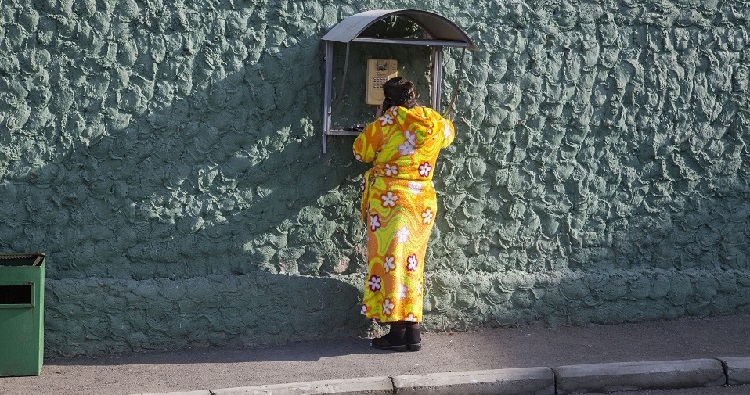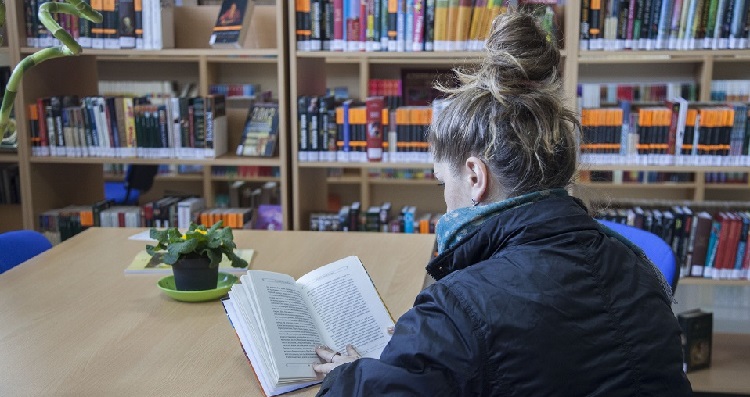CoE torture prevention committee commends Georgia in report

The Council of Europe’s Committee for the Prevention of Torture and Inhuman or Degrading Treatment or Punishment publishes the report on its most recent visit to Georgia on September 10-21, 2018. Photo: Nino Alavidze/Agenda.ge
The Council of Europe Committee for the Prevention of Torture and Inhuman or Degrading Treatment or Punishment (CPT) commends the Georgian authorities for combatting ill-treatment and urges them to address informal prisoner hierarchy and a lack of out-of-cell activities, as well as to improve mental health care.
In the report on Georgia published on May 10, CPT welcomes the absence of allegations of ill-treatment in the institutions visited, commends the efforts to address overcrowding, improve access to healthcare and living conditions.
The delegation received hardly any credible allegations of deliberate ill-treatment in the establishments visited. Overcrowding was no longer a major problem either. Material conditions varied but were generally acceptable”, the official press release says.
At the same time, the committee urges the authorities to immediately address inter-prisoner violence, acute deficit of out-of-cell activities, the usage of “de-escalation rooms” as punishment and serious shortcomings in the provision of mental healthcare.
The CPT also calls upon the Georgian authorities “to take decisive steps to develop the programmes of activities for both sentenced and remand prisoners”.
 Rustavi Prison Colony #5, the only facility for female inmates in Georgia, was launched in 2010. Photo: Nino Alavidze/Agenda.ge
Rustavi Prison Colony #5, the only facility for female inmates in Georgia, was launched in 2010. Photo: Nino Alavidze/Agenda.ge
The report follows CPT’s visit to Georgia last September when the delegation assessed progress made in the implementation of the recommendations made by the CPT following their previous visit in 2014
The delegation members then paid particular attention to the treatment of persons in police custody and the situation of prisoners in penitentiary establishments, in particular those in high-risk and semi-open prisons, as well as juvenile inmates.
They also visited several psychiatric hospitals and, for the first time in Georgia, an immigration detention facility.
Read the full report here.
 Tweet
Tweet  Share
Share